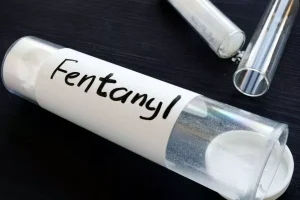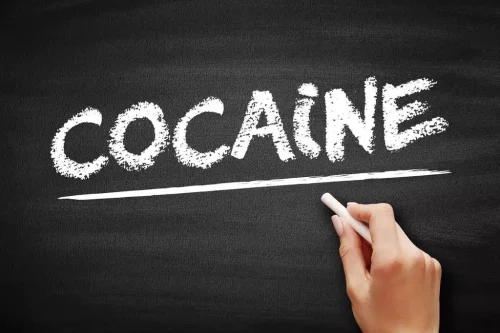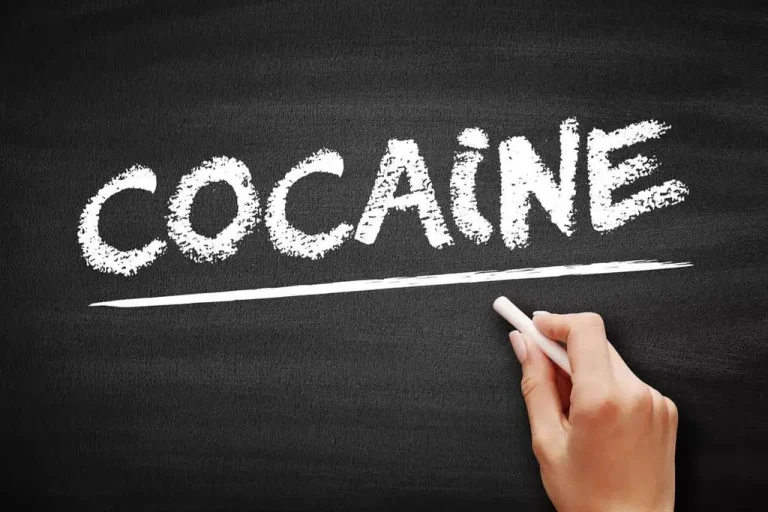How Does Alcohol Consumption Affect the Immune System?

These may include infections after surgery, traumatic injury, or burns; accelerated progression of HIV disease; adult respiratory distress syndrome and other opportunistic lung infections; and infection with hepatitis C virus, cirrhosis, or liver cancer (hepatocellular carcinoma). In addition to the Th1 response, alcohol appears to interfere with the Th17 response. For example, following an infectious challenge, acute alcohol can suppress alveolar macrophage expression of IL-23, which helps activate naïve T-cells to differentiate does alcohol weaken your immune system into Th17 cells (Happel et al. 2006). Similarly, as with the Th1 responses, alcohol inhibits the ability of dendritic cells to promote Th17 responses, thereby favoring Th2 responses (Heinz and Waltenbaugh 2007). Someone who drinks a large number of alcoholic beverages on one occasion or drinks frequently may experience hangover symptoms such as nausea, headache, and dehydration. However, alcohol can also weaken the immune system, cause serious health conditions and make the body more vulnerable to infections and viruses.
- The researchers found that before the monkeys had free access to alcohol, they all demonstrated comparable responses to the vaccinations.
- Combined differences in pharmacokinetics may increase the vulnerability of women to the effects of ethanol.
- Nonhuman primates, on the other hand, voluntarily consume different amounts of alcohol and allow us to conduct studies in an outbred species that shares significant physiological and genetic homology with humans while maintaining rigorous control over diet and other environmental cues.
Can You Mix Ativan (Lorazepam) and Alcohol? Plus, 4 More FAQs About This Risky Combination
The non-canonical NF-κB pathway with p52-RelB is detailed with CD40 as the respective receptor. Another cell compartment under alcohol influence is the phagosome needed for ingestion and destruction of pathogens using an array of reactive oxygen species. Alcohol has a broad range of effects on the structural, https://ecosoberhouse.com/article/essential-tremor-alcohol/ cellular, and humoral components of the immune system. Decreased IL-2 and CCL5 levels provide insight into possible mechanisms of impaired T cell recruitment and proliferation. Increases in IL-7 and IL-15, which are critical for T cell survival, may be compensatory mechanisms for reduced IL-2 levels.

2. Cellular Responses—Leukocyte Recruitment and Extravasation
Monocytes are an immature form of these cells that circulate in the blood until they are alerted to the presence of a pathogen in a particular tissue. Once they are at the site of infection, they swell in size and develop into the mature defensive cells—the macrophages—that enter the tissues. After eliminating pathogens by phagocytosis, the monocytes exhibit pathogen-derived proteins and other molecules (i.e., antigens) on their surfaces. Finally, monocytes and macrophages also produce certain cytokines that help regulate immune system activity.

World Health Organization Health Topics Alcohol

Cytokines are also proposed to cross the blood-brain barrier and produce sickness behavior (Watkins, Maier et al. 1995), which is comorbid with AUD (Dantzer, Bluthe et al. 1998). Ethanol administration (4g/kg) in male rats increased IL-6 but decreased TNF-α expression in PVN, an effect that was blunted or reversed after long-term ethanol self-administration (Doremus-Fitzwater, Buck et al. 2014). Cytokines can also modulate important behavioral functions including learning and memory (Hao, Jing et al. 2014) possibly due to their role in neuroplasticity (Sheridan, Wdowicz et al. 2014).
Can You Mix Trazodone and Alcohol? Plus, 3 More FAQs About This Risky Combination

Public Health
- The white blood cells, tissues and organs that make up our body’s immune system are designed to fight off infections, disease and toxins.
- “If there are actual lab abnormalities, it’s a sign that you need to take a break,” Bonthala says.
- Chronic alcohol abuse leads to increased susceptibility to bacterial and viral infections, most notably a 3 to 7-fold increase in susceptibility (Schmidt and De Lint 1972) and severity (Saitz, Ghali et al. 1997) of bacterial pneumonia compared with control subjects.
- Alcohol also causes the body to metabolize toxic chemicals and increase hormone levels.
- Alcohol also influences the functions of the lymphoid tissue and alter the activation, secretion, and functions of crucial immune cells called lymphocytes.
- Tina Aswani-Omprakash vividly remembers the day that led her to give up drinking forever.
- She supports individuals who long for a better relationship with alcohol, helping them learn to drink less without living less.
- Drinking every day or drinking too much alcohol at a time may affect the immune system more than drinking every other day or every few days, but the healthiest thing to do is abstain from drinking completely.
- The monkeys classed as heavy drinkers showed diminished responses to the vaccine, compared with the monkeys that consumed sugar water.


















